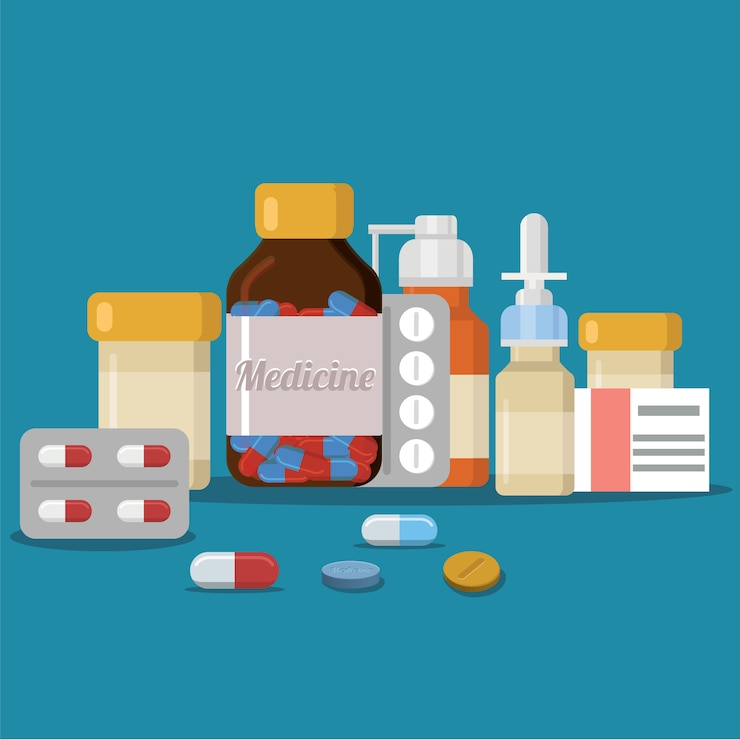Here are 10 myths that have absolutely no space in the conversations around depression.
Depression is just “feeling sad”
One of the biggest concerns about dealing with the perception of depression as a disorder is differentiating it from merely feeling sad.
Think about all the times we've replaced “feeling sad” with “depressed” in regular conversation. No, that exam did not give you depression. No, your friend who is enjoying some downtime doesn't look depressed.
Even the terminology around mental health makes a lot of difference in how people perceive these conditions. It is disrespectful to the people actually dealing with depression to invalidate their troubles by reducing them to small events as it trivialises the disorder.
Depression is not a ‘real’ illness
Clinical depression is a diagnosable condition that requires a proper treatment plan like any physical illness. It has symptoms that are noted and are more than just feeling sad. Depression affects people's daily functioning in several ways, including their sleep, appetite, and personal and professional lives.
Depression happens to everyone growing up
“Ohh, this happens to everyone. Happened to me too, growing up.” Depressive disorder is not just a stage in life that comes and passes. Everyone faces ups and downs in life. That does not mean they have a clinical condition affecting all spheres of their life for a considerable duration, if not chronically.
You can “snap out of it”

Especially if you have a loved one who is dealing with depression, please be careful not to use phrases like these with them. If they could just “snap out of it”, they wouldn’t be seeing a doctor. Can you snap out of a fever? Or stop being sick on command? No! Then why not deal with mental health issues with the same seriousness we assign to physical ailments? Toxic positivity is not what someone dealing with clinical depression needs, so please stop asking them to “not feel sad”.
Depression looks the same for everyone
Depressive disorders have numerous symptoms that manifest themselves in different ways for different people. Diagnostic criteria observe a person’s behaviour for about 2 weeks at a stretch for key indicators like their sleep cycle, appetite, social interaction, physical engagement, relationships etc.
While someone dealing with depression can find it impossible to get out of bed, another person going through the same might appear more functional. It is important to validate both of them (and their experiences), as outward appearances do not make someone any less depressed than the other.
Depression is caused by a bad lifestyle
Pieces of Advice like “wake up early in the morning and meditate, and your depression will be gone in no time” do not help cure clinical depression.
While environmental factors might aggravate depressive disorders, a bad schedule is more likely to result from the condition (rather than being the cause). So, forcing a person into what you consider to be better lifestyle choices doesn’t mean you are taking care of them. Chances are, you’re making them feel worse by indirectly guilting them.
Depressed people just need the willpower to cheer up
Cheering them up is another thing you might want to do for a loved one dealing with depression, but it also counts as one of those “just snap out of it” phrases. They aren’t staying in bed because they “lack the willpower or motivation”; they are doing it because of a diagnosable medical condition.
Depression only happens to a certain group of people
While depression doesn't happen to everyone, it can happen to anyone. Clinical depression is not something that only affects teens, adults, lonely people, or people with depressed parents. Several factors contribute to a diagnosis of depression, and these factors can be observed in all sorts of people. It could be someone with a healthy family, someone who has happily retired, or someone who appears to be healthy, productive, and successful in life.
Depression can only be cured with antidepressants

Antidepressants, though used as an aid for treatment, are rarely prescribed for life (but if they are, there's absolutely nothing wrong with taking antidepressants for the rest of your life!). They are not a lifelong commitment and often go hand-in-hand with therapy. You can also taper off your meds after completing your course once both you and your doctor do not feel the need to continue with the medication.
Depression cannot be cured
Mental illnesses such as clinical depression don’t have a routine cure. Still, treatments (including psychotherapy and medication) can make the disorder manageable and allow people to lead a 'normal' life. It is important that a person is given the right diagnosis and treatment in time to prevent the condition from worsening and sometimes, if left untreated, even leading to suicide.
The National Mental Health Survey (2015-16) revealed that nearly 15% Indian adults need active intervention for one or more mental health issues and one in 20 Indians suffers from depression. The best way to control the growing suicide rates in the country is to provide everyone with proper access to the mental healthcare they need.
Need Help?
If you feel like you are exhibiting signs of depression, you can always get help from a professional. Exploring your feelings with the right therapist can help you develop an effective personalised strategy for navigating life more smoothly. Our team of experts are always there to help you out. Book a consultation to seek help with depression today!





.jpg)
.jpg)